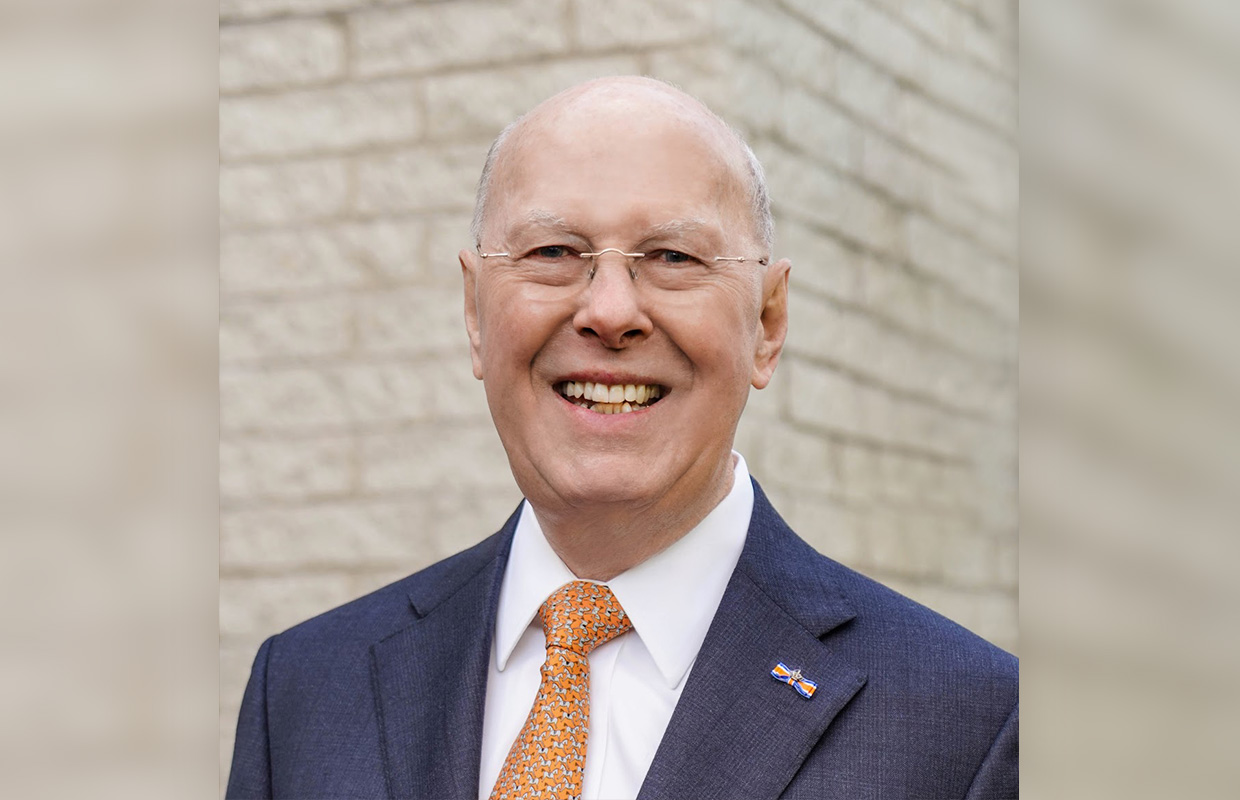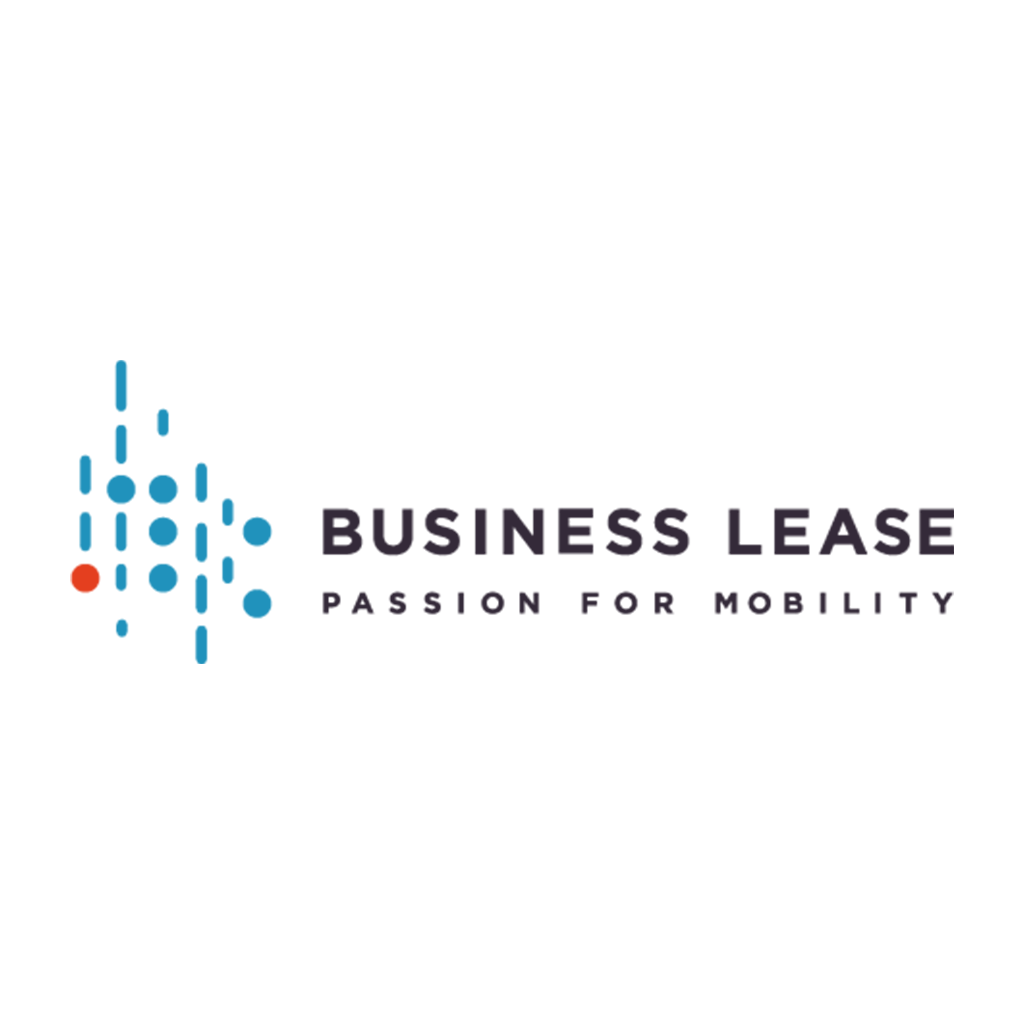
“Digitisation is not about data and technology, it’s about culture.”
Digitisation is the engine of growth and innovation in business. At AutoBinck, too, all the group companies and divisions are being guided along the digital road in stages. A certain level of digital literacy among management and employees is crucial for accelerating digital transformations and innovations – and indeed for them to succeed at all. In order to keep the digitisation process on track and keep everyone in the loop, in February of this year AutoBinck Group set up the Digital Acceleration Office (DAO). But what exactly do they do and what is the DAO’s goal?
The arrival of Martijn Koning at AutoBinck in September 2021 signalled the start of a centrally-led push to flesh out AutoBinck. “Let's start by saying that digitisation is not about data and technology, but about culture.” Martijn is the Executive Board member with responsibility for sustainability and digitisation. “DAO is centrally organised and supports the companies within AutoBinck Group in the area of digitisation in order to achieve their business objectives. A crucial part of digitisation is taking away the fear factor, empowering employees to make mistakes and to work – and work together – in innovative ways. We need more transparency and we need to break out of isolated environments,” he explains. This year's objective is to get the Digital Acceleration Office up and running and take the first steps at each of the companies. DAO has already started working on its first cases at Moove, Fleet Support, Mobinck and AutoBinck Car Distribution and Retail (ACDR), in tandem with the staff at those ventures. “The people who will make digitisation a success are the members of the companies’ teams. DAO merely supports them so that they can achieve maximum acceleration, help each other and deliver successful results together.”
Putting digitisation on the map, speeding it up and making the difference
DAO is not a goal but a team. Alongside Koning, that team currently consists of a Digital Innovation Manager, a Group Data Scientist, a Digital Marketing Specialist and a Group Technology Architect. The AutoBinck IT team has also been placed within this team. They are still looking to add a Group Data Scientist, who will complete the team for now. “We need this team in order to really put digitisation on the map, accelerate it and make the difference,” says Martijn. All the support to facilitate further digitisation is also available. For instance, the DAO is organising inspiration sessions, it has a subscription with IT research and consultancy Gartner which the ventures can make use of, and assignments can be published on the BlackBear platform, which acts as a flexible shell around the company’s core staff.
Reuse and automation
Every member of the DAO has their own specialism. For example, the Digital Architect helps ABG companies make technology choices. “That could mean choosing a CRM system, or a data platform, a programming language or a cloud provider. The DAO also acts as a bridge builder. The architect keeps track of which technologies are in use at each company. Without that bird’s eye view, there is a risk of a profusion of different technologies. Whereas acceleration can also come from reusing technology and automation. Once you know what technology is present in a company, that generates the potential for reuse within the group. That could also mean using the same suppliers or codes.”
Connecting and inspiring
The Digital Innovation Manager connects the tech employees at all the companies within ABG and makes them into a team. “They inspire one another, for example by introducing new ways of working. Efforts are being made to increase the digital literacy of non-tech employees. For example, by organising coding workshops. In many cases, the mere awareness that digitisation can help improve the business is already an important step. Digitisation is still scary to many people. They are afraid of making mistakes, they don't know where to start or they are ashamed that they don't know more about it. For an individual, there can be quite a high barrier to making a start themselves.” Martijn emphasises that the real danger comes when people lag behind in their digital development. “If that is the case, opportunities are missed and the adoption of new technical possibilities takes longer. That can result in a lower market impact, act as a brake on growth and ultimately drag down our overall operating results.”
Every company to be a technology company
The level of digital maturity within ABG varies from one company to another. “We are definitely no longer at the start of the journey. Real strides are being taken at the ventures in a short space of time,” says Martijn. “Ultimately, every company within AutoBinck will become a technology company. That's the long-term goal. Obviously that means we need to adopt that way of working ourselves.”
Building a Data Science Capability
There are certain developments which offer AutoBinck exciting opportunities – and which it cannot afford to ignore. “Artificial Intelligence (AI), machine learning and data science are developments that are being embraced by our sector but that AutoBinck is not yet specifically focusing on. Yet the use of data to increase business impact offers opportunities for every venture within ABG. For this reason, we are currently building a Data Science Capability in order to actually provide access to the data we have. The result is that we are able to stimulate innovation, create new services and customer experiences and effectively use the data we have in operational terms. Concrete examples are higher conversions on direct mails at Zelfstroom, winning digital customers at Moove and automatically predicting the trade-in value of cars at ACDR. Freshdesk helpdesk support software is currently being implemented at Fleet Support and Mobinck has a new website that is more marketing and sales driven. Digital marketing already plays an important role within our companies and that will only increase. There is still plenty of scope to use it more effectively. We are identifying those opportunities and acting on them. And let’s not forget, the digital workplace is playing an increasingly important role in knowledge sharing and collaboration within ABG,” concludes Martijn.
Want to know more?
Want to know more about this topic? Our news and knowledge section offers detailed information and perspectives. Get in touch for more details.






